Our goal is to protect the health of the southeastern Interlake's thriving natural landscape so it can continue to provide sustainable economic opportunities and to support our cherished lifestyles and cultures.
We are not the only people who love this land. So we are asking our neighbours to help us determine the best way to protect the beauty and natural richness of the region. This initiative is led by Fisher River Cree Nation, Kinonjeoshtegon First Nation and Peguis First Nation in partnership with the Manitoba chapter of the Canadian Parks and Wilderness Society (CPAWS). The initiative has the support of the province of Manitoba and the government of Canada.
Watch Now
The future of the Fisher Bay region is in our hands. How do we balance conservation with sustainable economic opportunities? How do we protect the landscapes and waters that sustain us while ensuring a thriving future for local communities?
We know there are many questions, and we hope this presentation helps provide clarity, information, and a starting point for further discussion. The Conservation Areas Initiative is a community-driven effort led by Fisher River Cree Nation, Kinonjeoshtegon First Nation, and Peguis First Nation, in partnership with CPAWS Manitoba, to explore opportunities for conservation that benefit both people and wildlife.
We invite you to watch the presentation to learn more about the initiative’s goals, the process, and how you can get involved. The proposal is still in the early stages of development, and your voice matters—feedback from local communities, land users, and all Manitobans will help shape the final proposal.
The online survey is now closed. Thank you to all who took the time to complete the survey. Stay tuned for a full report on what we heard.
Conservation Areas Initiative
Why here, why now?
The southeastern Interlake is a wonderfully wild place of forests, wetlands, and sandy shorelines. See why we're working to protect it in this overview video.
Manitoba's Southeastern Interlake
Conservation Value
The region’s forests and wetlands are key to restoring the health of Lake Winnipeg because they act as natural filters against damaging nutrients.
They help to prevent floods and also serve as a massive carbon sink. The lands and waters provide habitat for 42 species of conservation concern.
Manitoba's Southeastern Interlake
The People
For centuries, Indigenous people made their homes and livelihoods in the area. They were joined by settlers whose families have lived in the region for generations and newer residents who were attracted by the quiet forests and fish-filled waterways.
Thousands of Manitobans now visit the region as cottagers, campers, and day-trippers.



